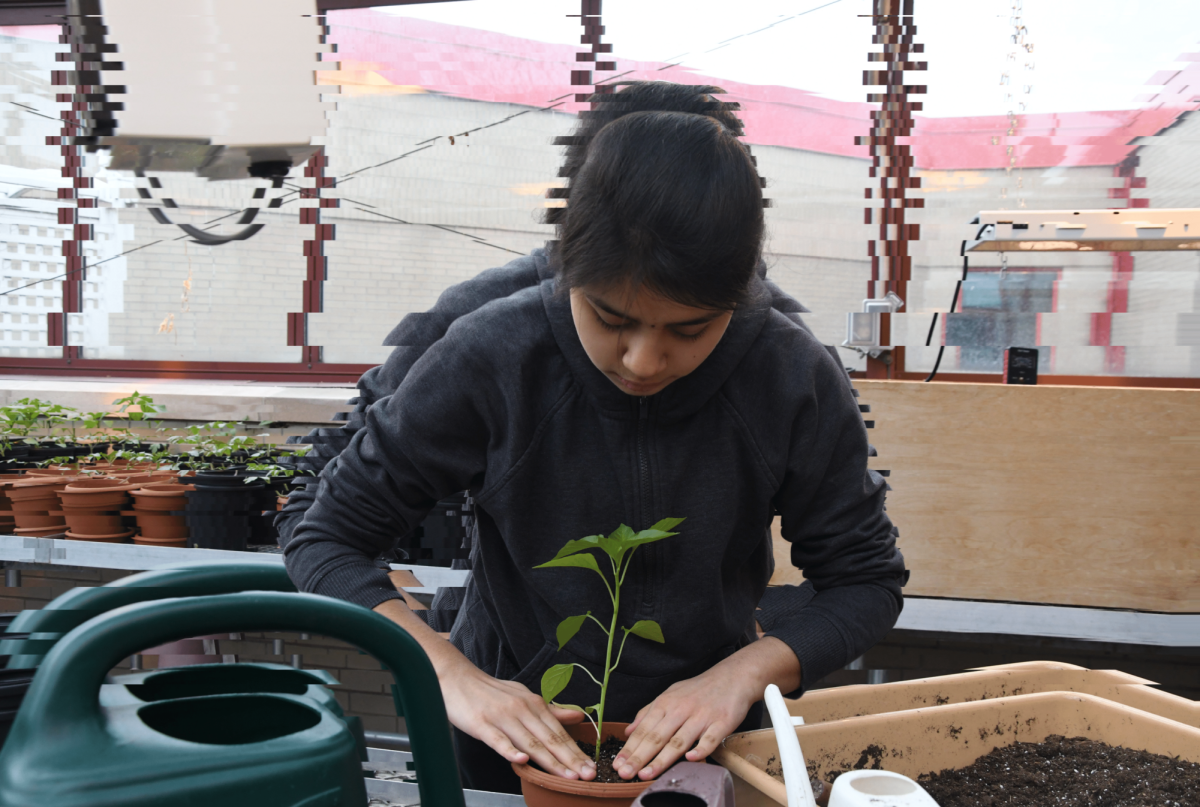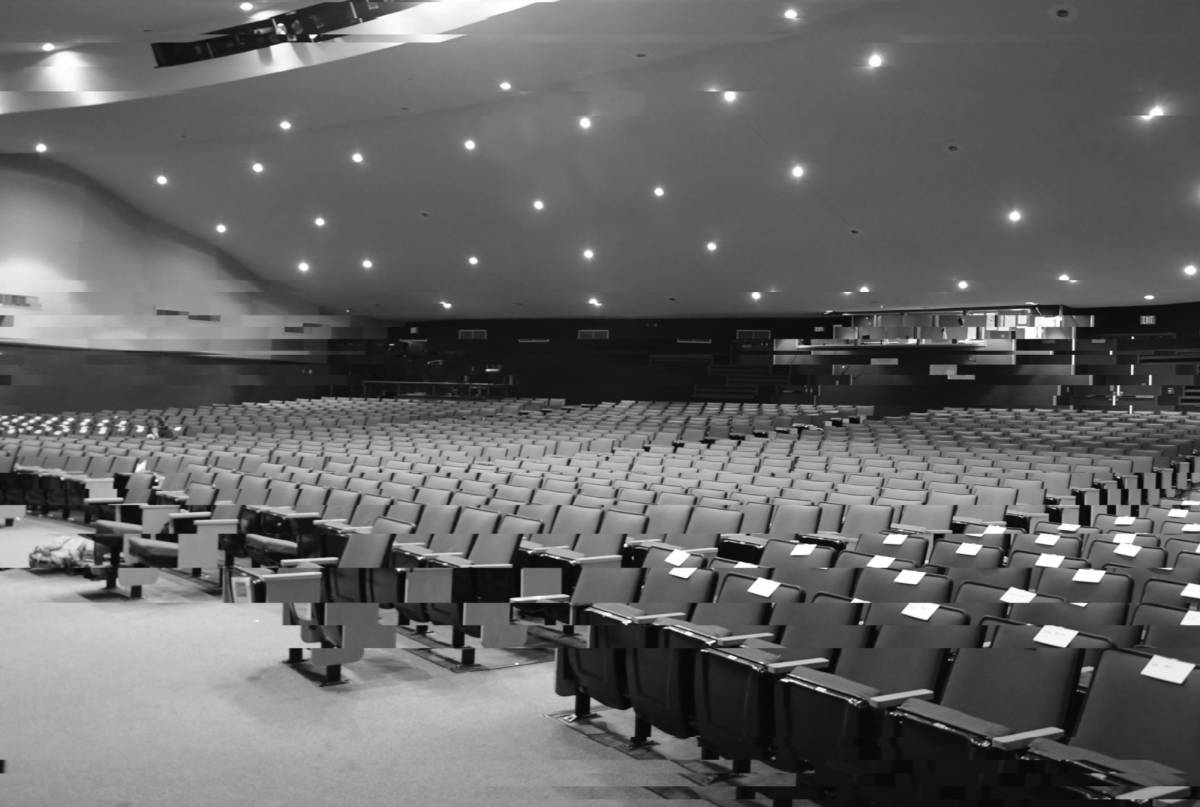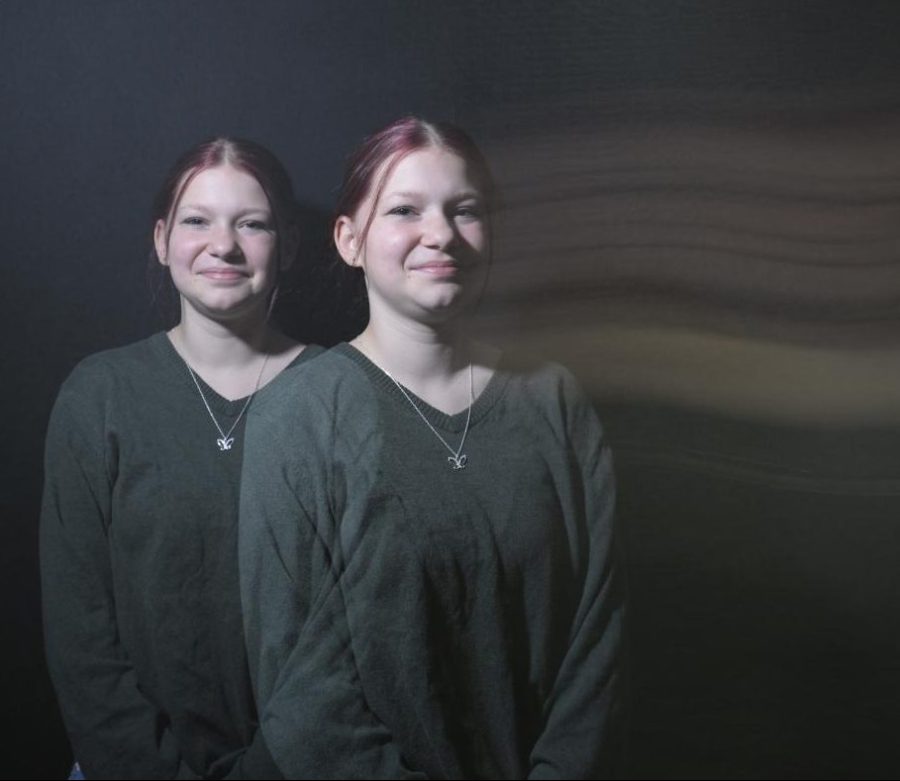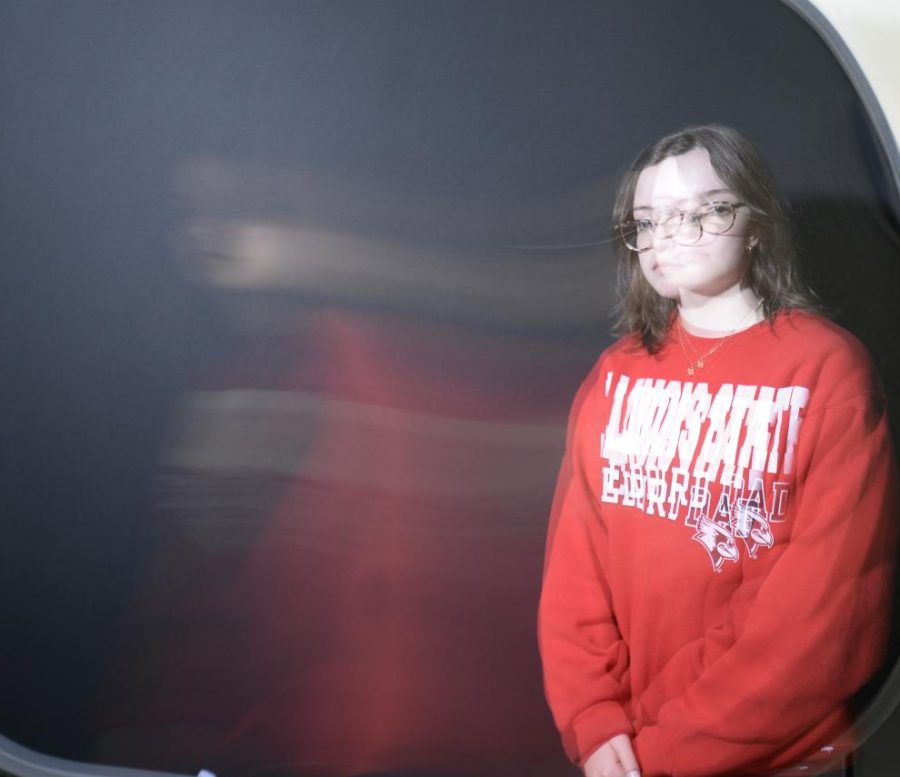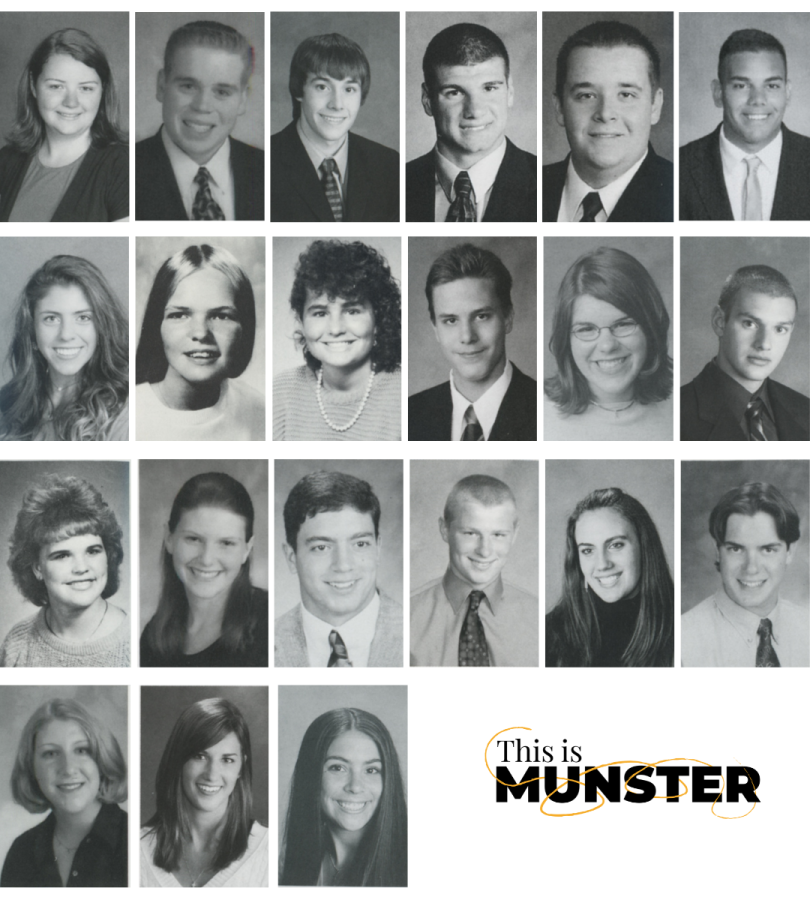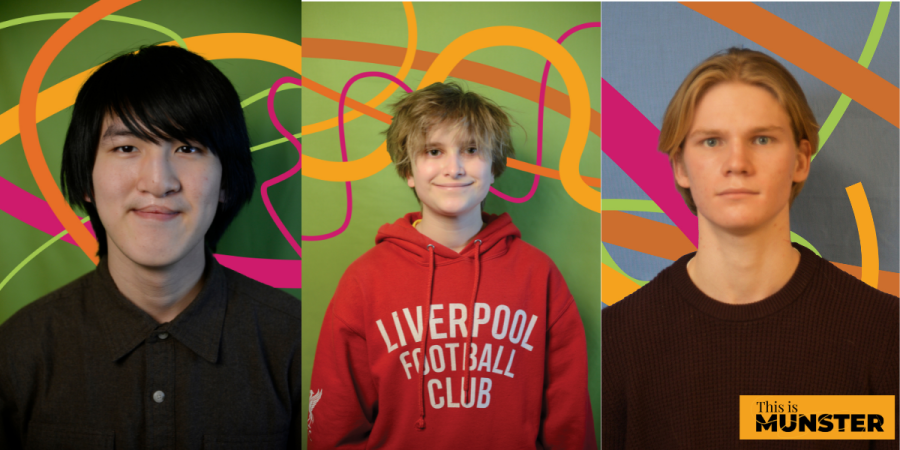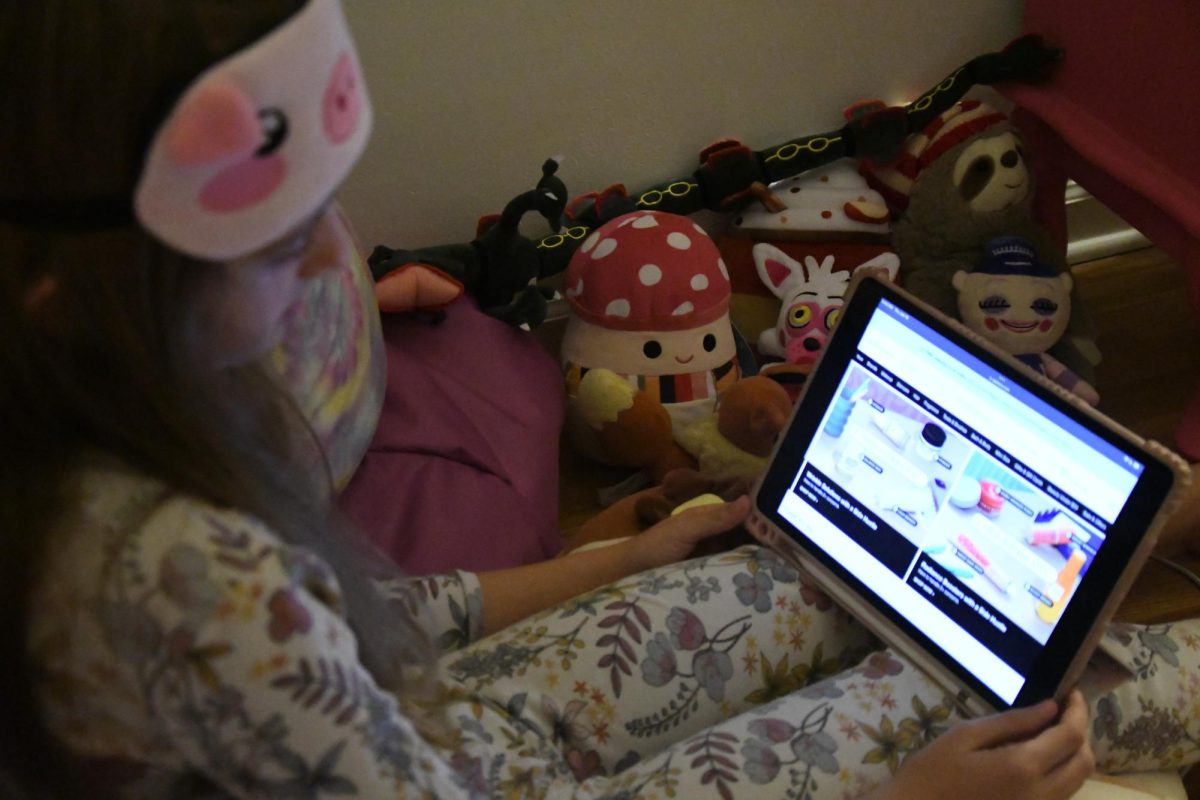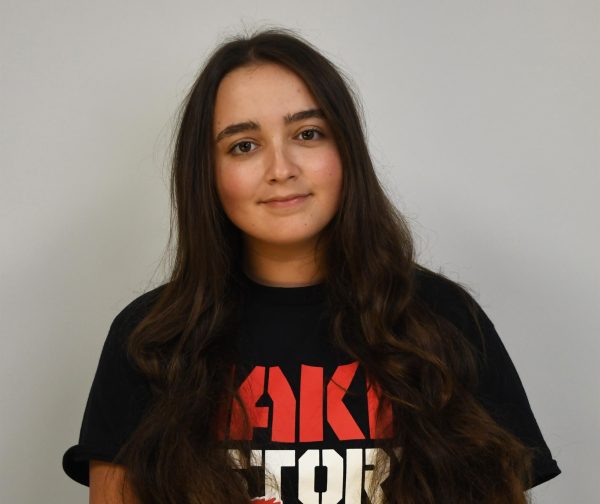Situated at her desk, senior Adeline West’s 13-year-old sister, Gwen, fiddles with the makeup and skincare products adorning her revolving compartment organizer set on her vanity. Despite partially influencing her as her older sister, Adeline recalls the cheap, minimal products she used at her age, which makes her believe it lies in the content she consumes online.
“My little sister has even more skincare and expensive makeup than I do,” Adeline said. “For Christmas, she got more Sephora gift cards than me and asked for the trending Glow Recipe and Saie skincare. While it could very well be me influencing her, it also is the content that she watches that causes a more mature and expensive fashion and makeup taste. She sees all these older influencers with high end products and wants them too. This is the case with most tweens nowadays.”
Gen Z’s infatuation with social media and technology has been a focal point for older generations when judging the behavior of 15-25 year olds. With Gen Alpha entering high school, it offers us the question: how has our social media driven world affected all of us, especially incoming freshmen?
“I think that social media causes kids to grow up too fast these days,” Adeline said. “Trends are bound to happen, but I think that social media has evolved with our generation to make them more mature. Younger kids on social media are getting influenced by things that are popular with older people. Justice and Claire’s were all the rage when I was a tween, but now kids that age much prefer places like Lululemon and Sephora.”
On the earlier end of the Gen Z range, Lauren Holden, math teacher, was first introduced to Facebook 10 years ago. Although she got a phone earlier than most her age, 9th grade, she didn’t join social media until later.
“I was late to the trend,” Ms. Holden said. “I didn’t join Facebook until Instagram and Snapchat were emerging.”
Even though she and her classmates had phones and social media in high school, Ms. Holden and her classmates found ways in class to entertain themselves aside from their screens.
“We made our own entertainment without our screens, ” Ms. Holden said. “We would talk to each other and do pranks. We made our own entertainment without our screens. Now, I have noticed kids closing themselves off socially while they are so active online.”
When Mr. Ben Boruff, English teacher, got Facebook at the end of his senior year of high school, many other social media platforms, like Twitter, Instagram, and Snapchat, quickly emerged soon after. Although social media was growing, Mr. Boruff found a point of his own social media limitations.
“Once I got Instagram, that is where I have plateaued social media wise,” Mr. Boruff said. “I had Snapchat for a little bit, but I felt weird about it. And I have never been on Tiktok. As these platforms have evolved, I somewhat stagnated from it.”
As younger generations become sooner exposed to social media, Mr. Boruff has observed that kids are growing up quicker. It disappoints him that kids are losing the sense that “the world is a happy place” at an earlier age.
“Once you get internet access and have social media, it is a loss of innocence,” Mr. Boruff said. “It is not even at the fault of your own. It is just that the world can be a harsh, dangerous place, and especially online.”
In a time period where phones and computers were not yet created, those born during the years 1946 and 1964 did not have social media in their lives until ages 33 to 51. Mr. Leroy Marsh, health teacher, got his first computer, the Apple II, at 28-years-old.
“I am from the dinosaurs of computers,” Mr. Marsh said. “In high school, there was no such thing as social media and the only electronic choices I had were an electric typewriter or the home phone.”
Now, Marsh is only on one social media platform: Facebook. He joined for the sole purpose of staying connected with former football players and their families, although he tries to stay off of social media as much as possible.
“I am not a big fan of TikTok and all those things,” Mr. Marsh said. “It’s going in the direction that social media is all people listen to, and we always have it in our hands, instead of reading, listening, thinking, and doing things on our own. I think we use it way too much.”
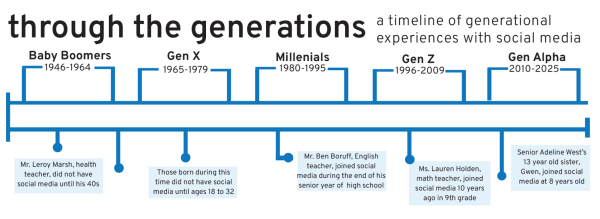




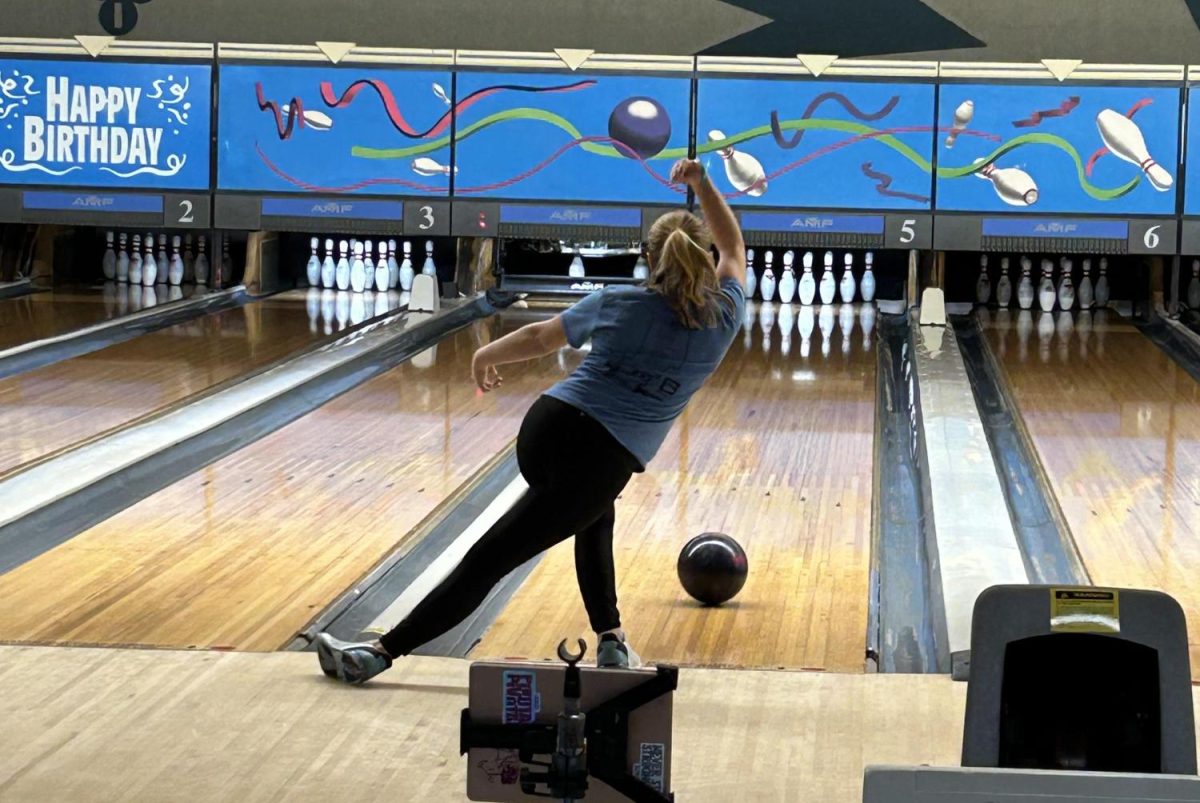
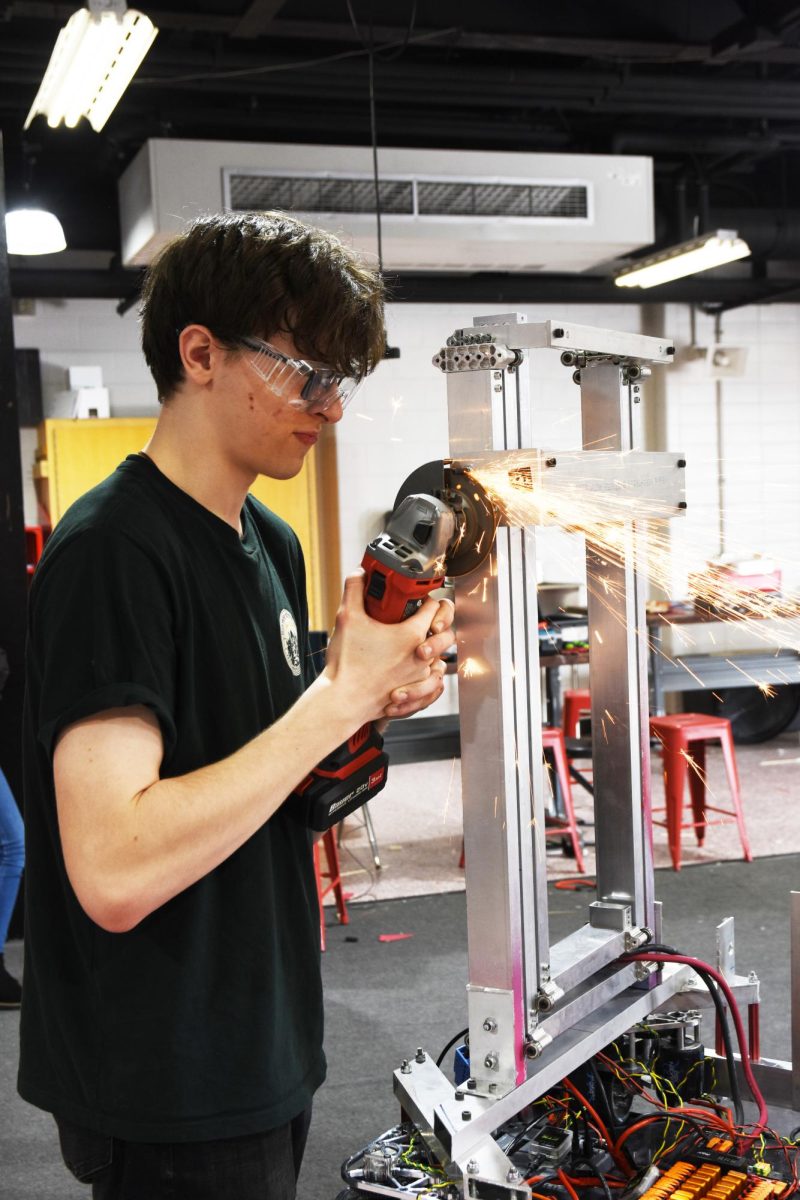




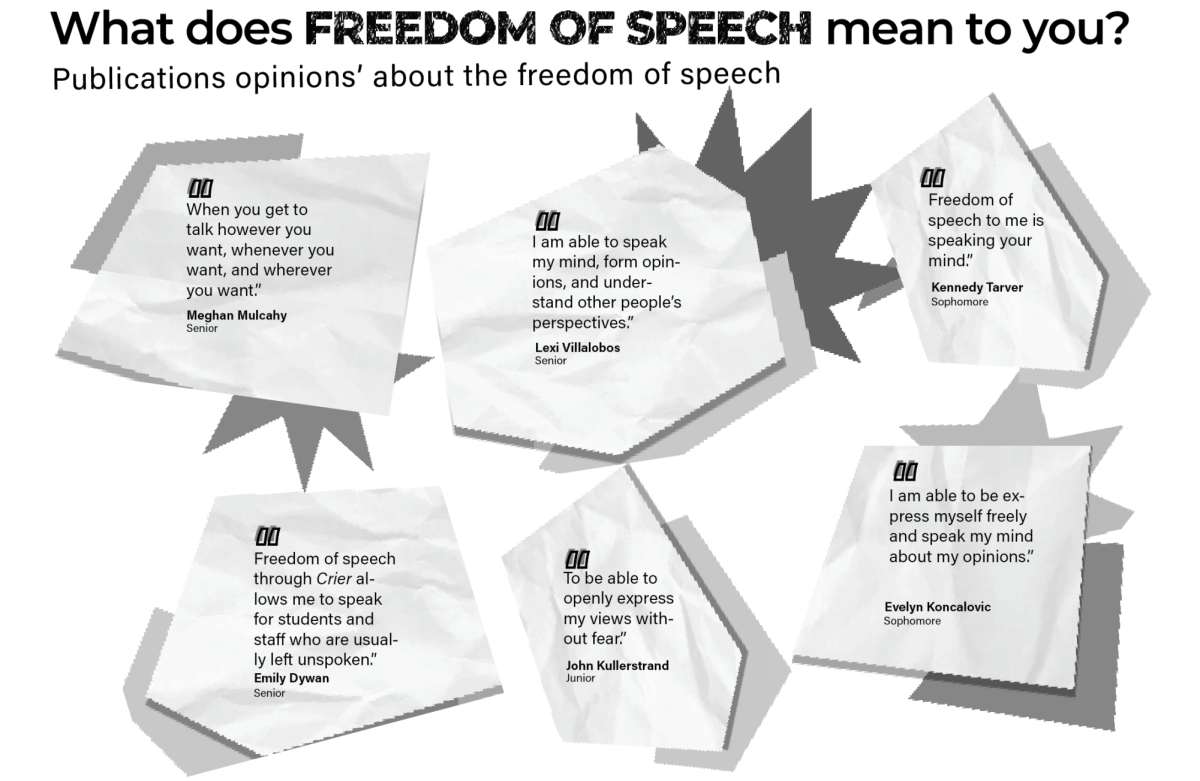






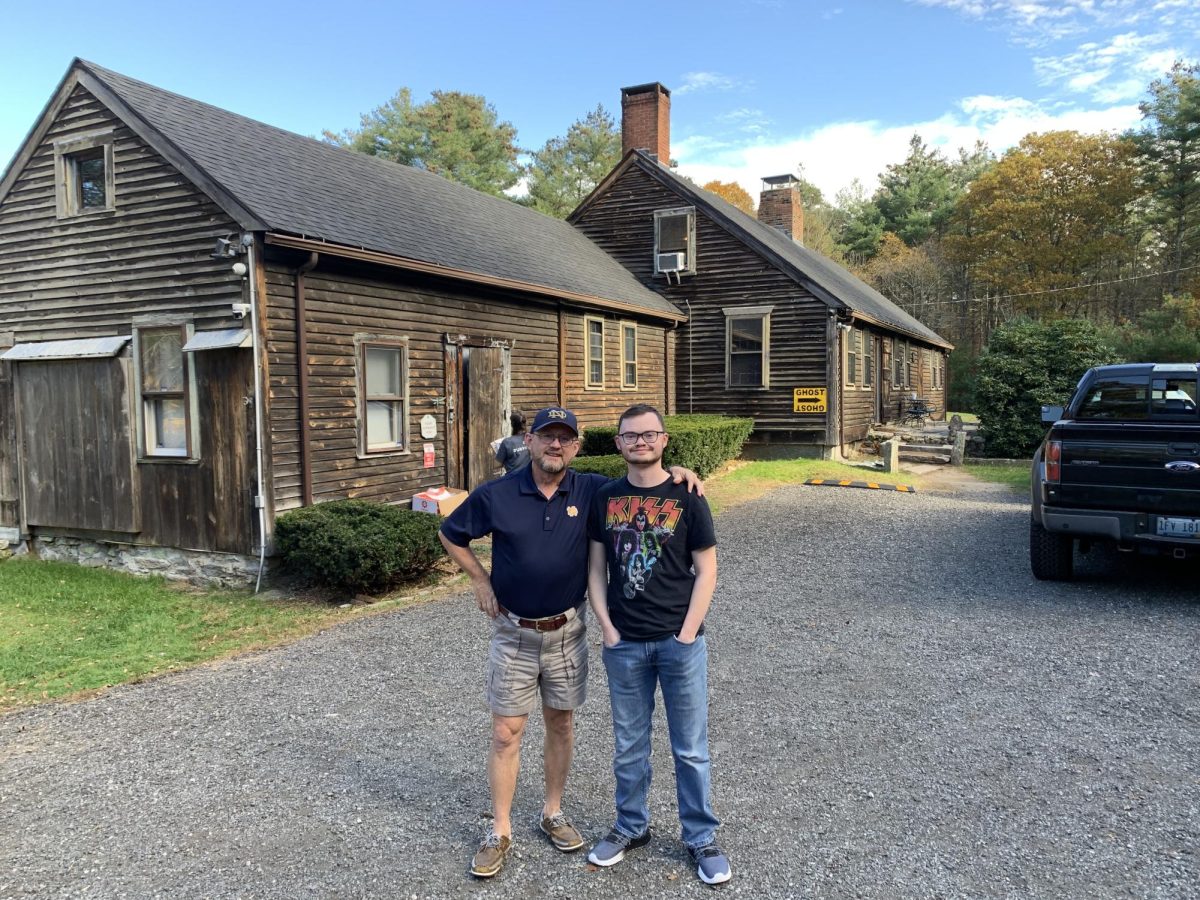
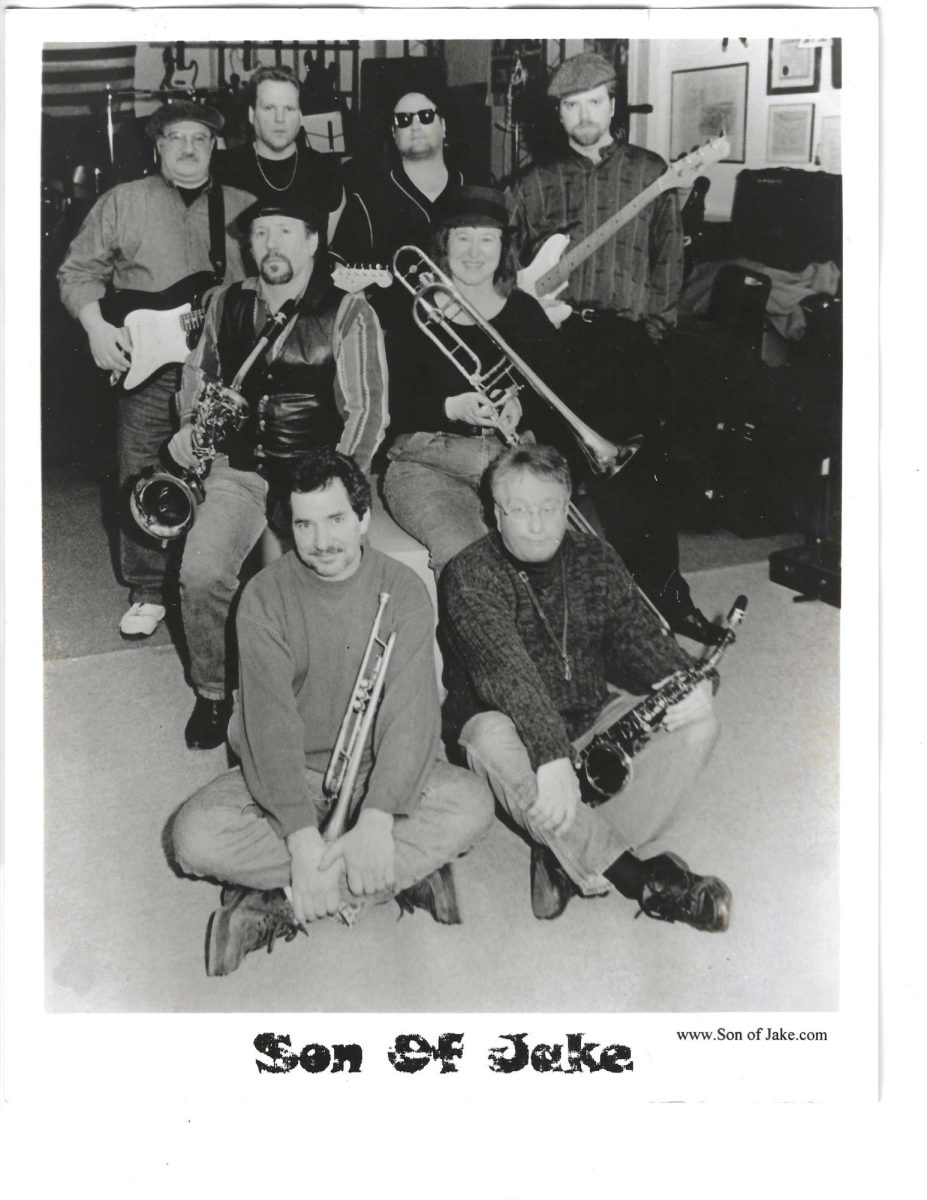
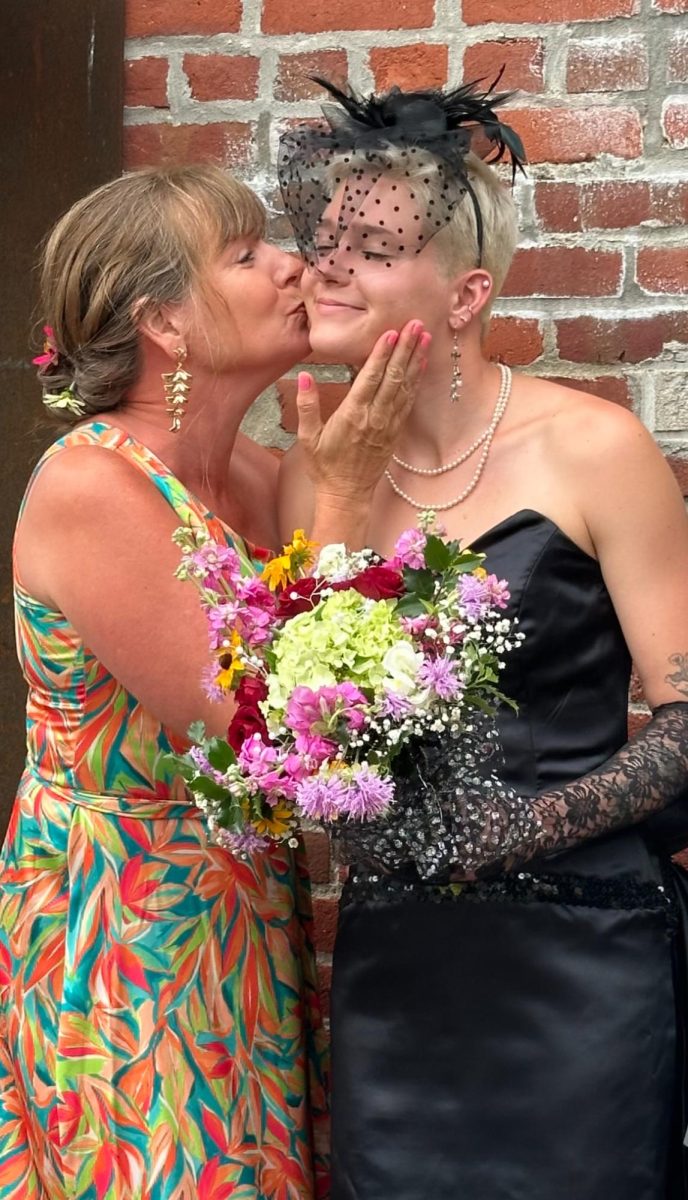






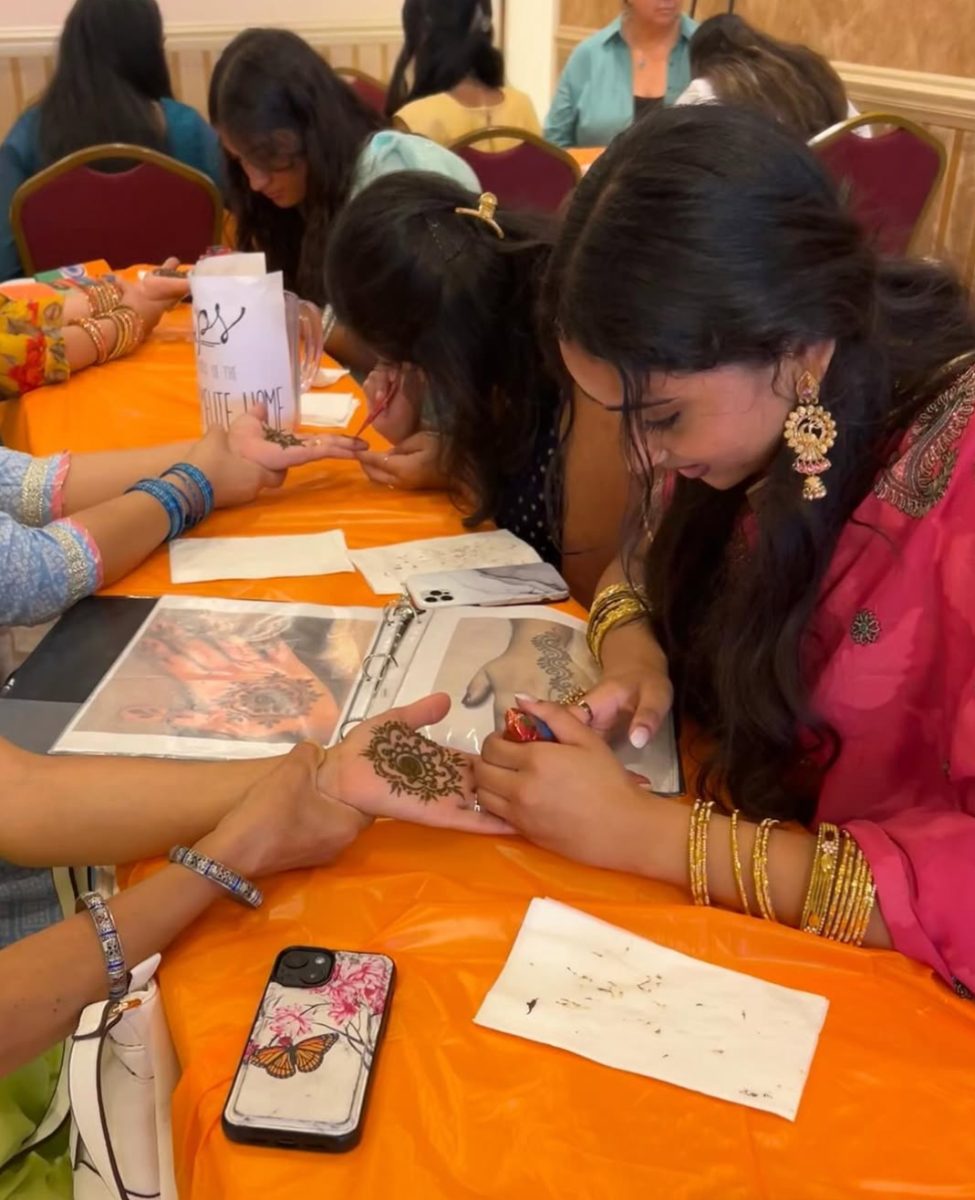

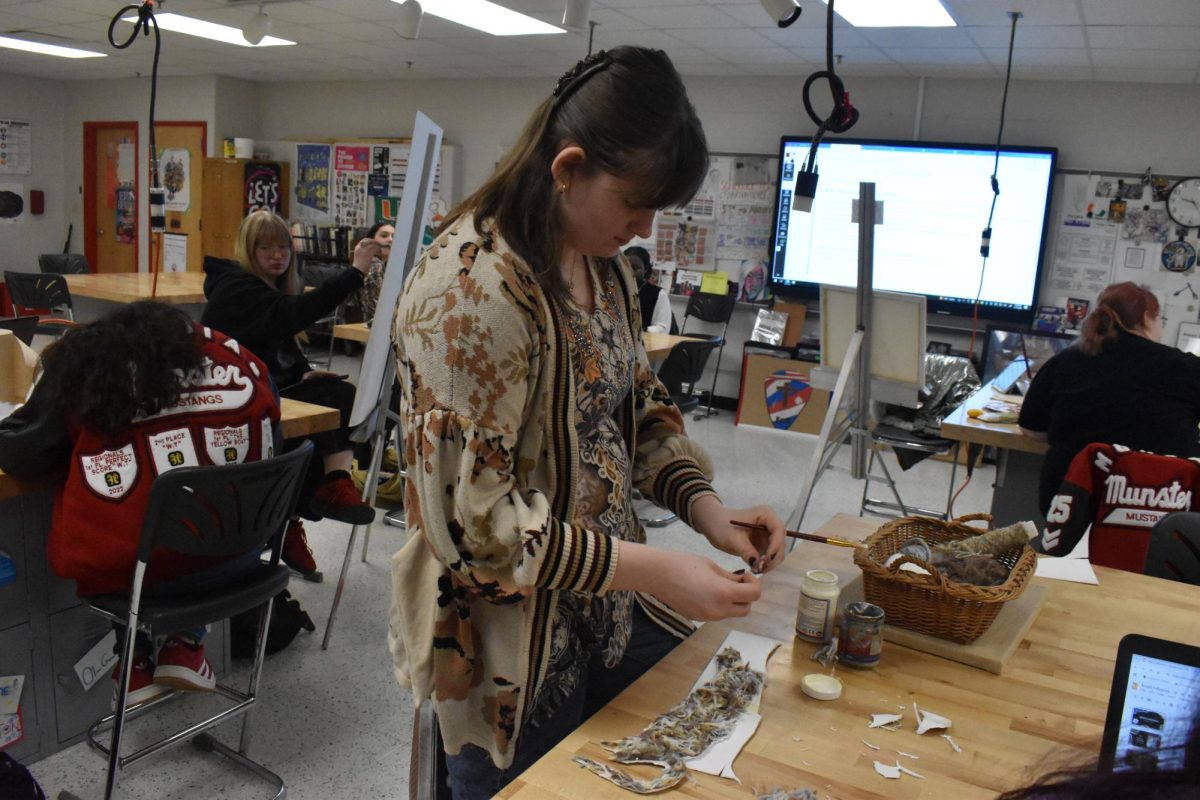
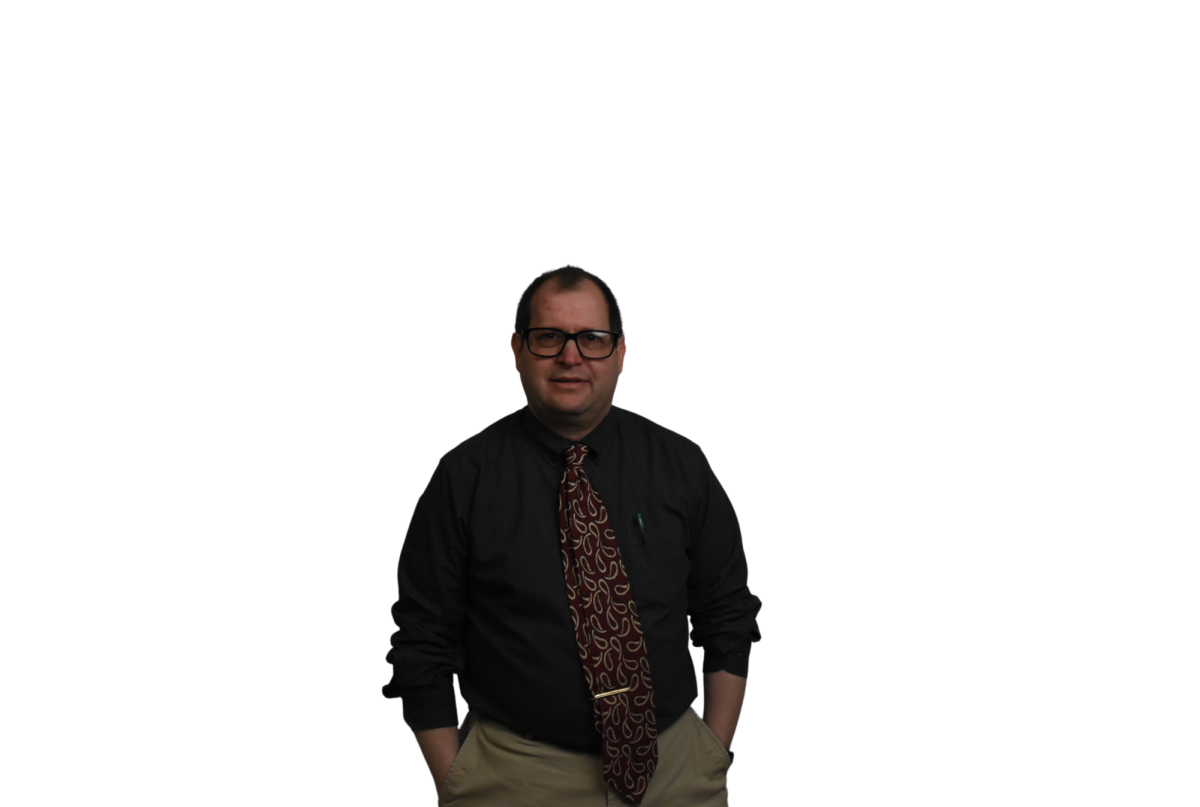

![SNAP HAPPY Recording on a GoPro for social media, senior Sam Mellon has recently started a weekly sports podcast. “[Senior] Brendan Feeney and I have been talking about doing a sports podcast forever. We love talking about sports and we just grabbed [senior] Will Hanas and went along with it,” Mellon said.](https://mhsnews.net/wp-content/uploads/2025/04/sam-892x1200.png)




